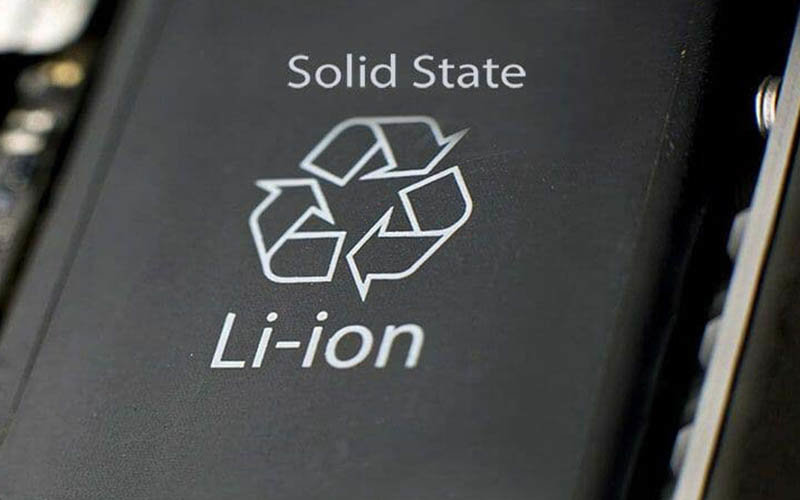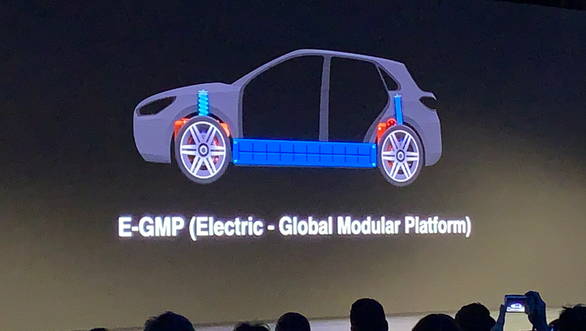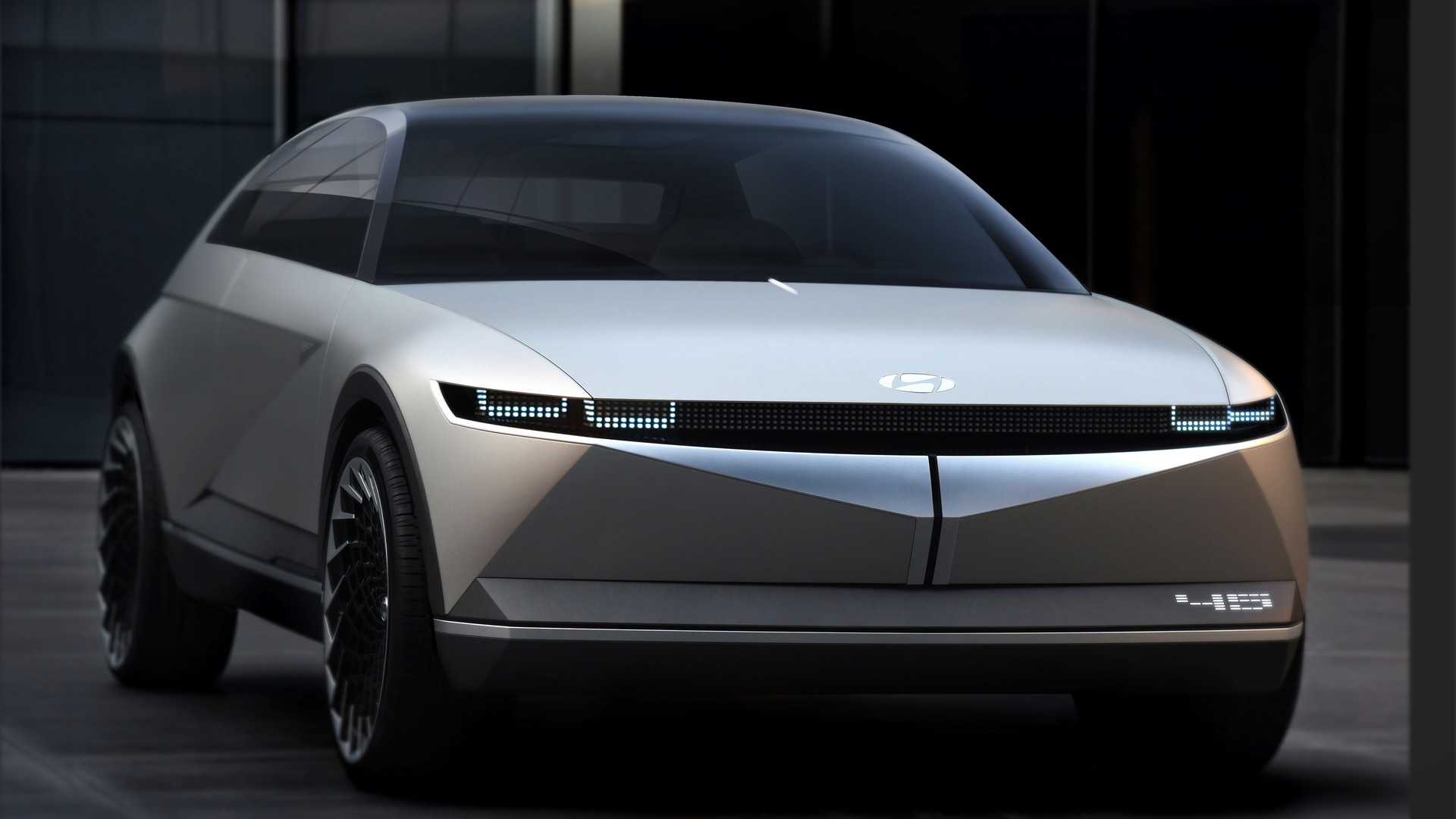The race to become leaders in the electric car industry is a competition strongly tied to the development of batteries. A technology that is constantly evolving and which now faces the possibility of experiencing an important leap forward thanks to technologies such as solid electrolyte.
Precisely this technology has been the center of the meeting that this week has had two heavyweights in the sector. Samsung Electronics Vice President Jay Y. Lee and Hyundai Motor Group Executive Vice President Chung Eui-Sun, who met at Samsung’s battery plant in Cheonan, where they primarily discussed the new generation of solid electrolyte batteries.

Samsung has confirmed to Hyundai the results of its work with bagged cells capable of allowing an average electric vehicle to travel up to 500 miles on a single charge. A solid electrolyte battery that manages to increase its energy density thanks to factors such as its greater thermal stability, which makes cooling and safety systems in the pack less necessary.
To this, we can also add other factors such as its higher tolerance to fast recharges. This will allow access to high powers without the risk of a short circuit or fire.
One of the challenges of this technology is its useful life. According to Samsung, with their prototype, they have managed to carry out more than 1,000 charge and discharge cycles in the laboratory. Something that represents a significant step forward concerning the developments that we have seen so far. However, it is expected the figure will improve given its arrival on the market.
To solve the dendrite problem, Samsung Electronics applied a 5-micron “Ag-C nanocomposite layer” to the cathode. Something that, according to the Korean manufacturer, was the first time it was tested. This technology not only increases the safety and lifespan of solid electrolyte batteries but also halves the size of cells by increasing the energy density by making the negative battery electrode even thinner.
A technology that the Hyundai Group wants to boost its future range of electric cars that they expect to consist of 44 electrified models by 2025. This will include 23 fully electric vehicles and the rest plug-in hybrids and hybrids.

An offer that in 2021 will experience a significant leap forward with the arrival of the new E-GMP platform. It will be in charge of housing the new generation of batteries that they hope will allow them to offer 800V systems and real autonomies above 300 miles. Also which will debut early next year by the hand of the 45 EV.
An agreement that would also mean opening the battery purchase letter for the group. Until now the group had purchased the batteries from rivals Samsung, LG, and SK Innovation, which will undoubtedly sharpen competition between the world’s leading battery producers. This in turn should help lower prices.

